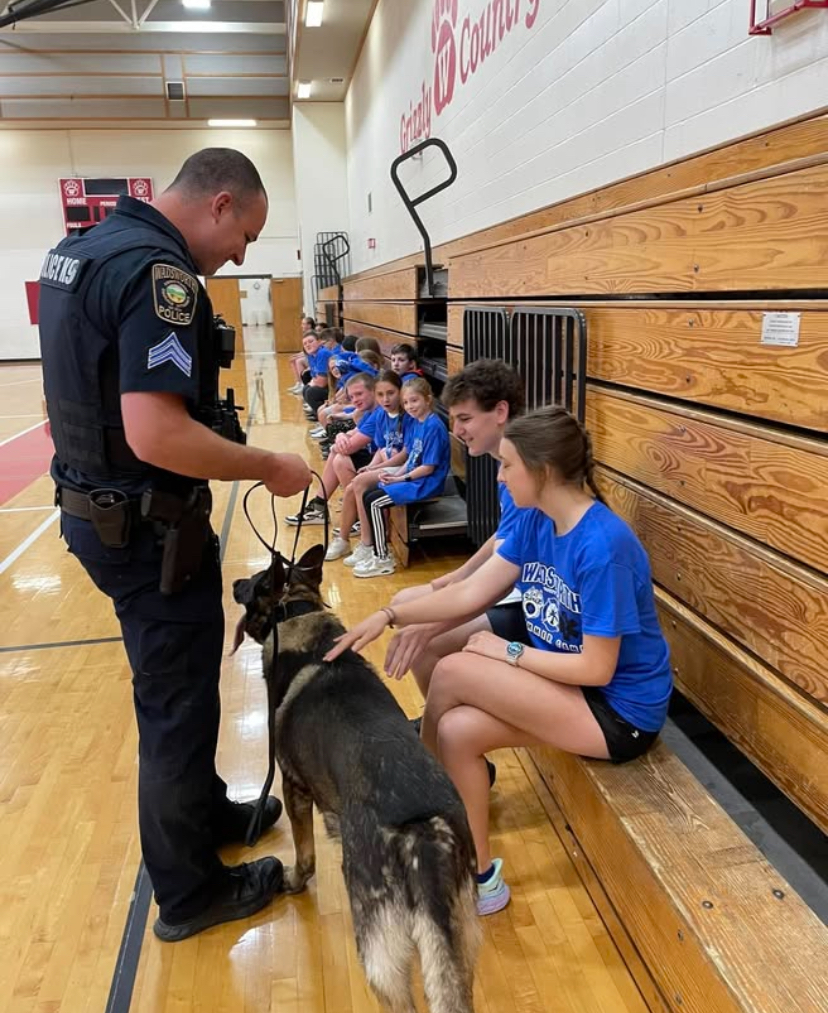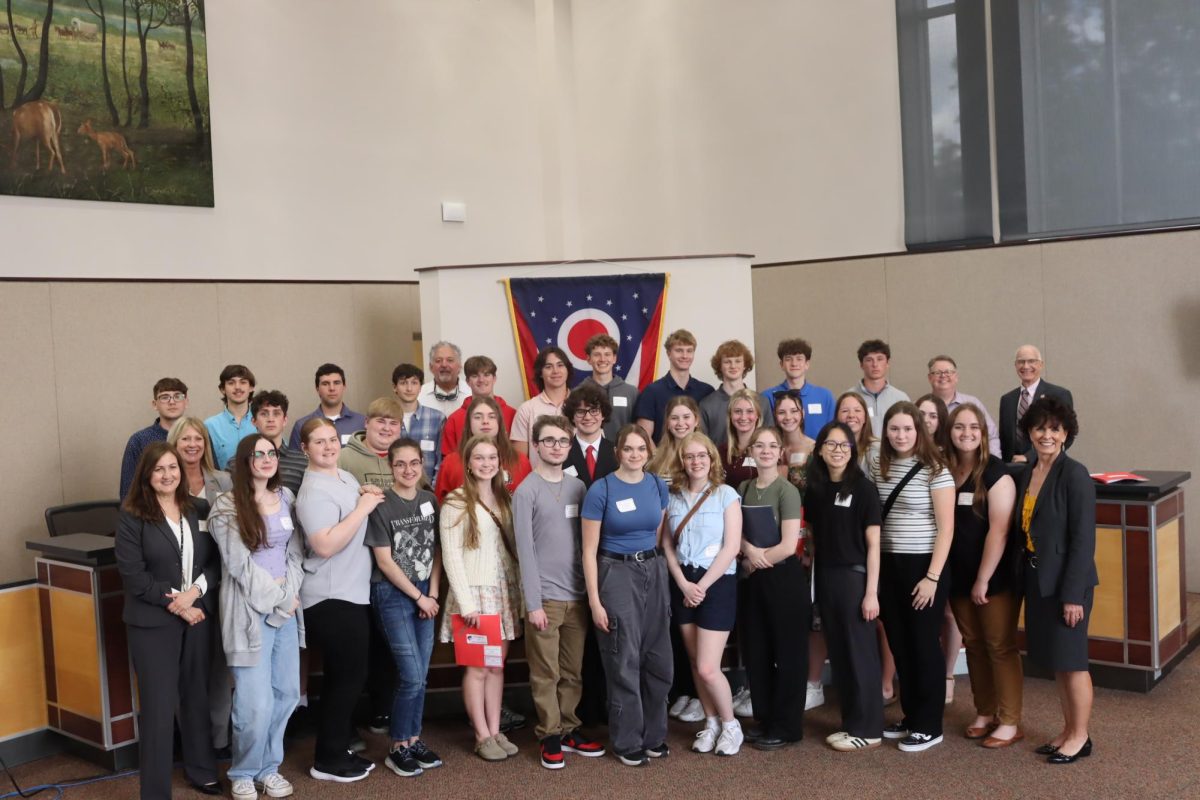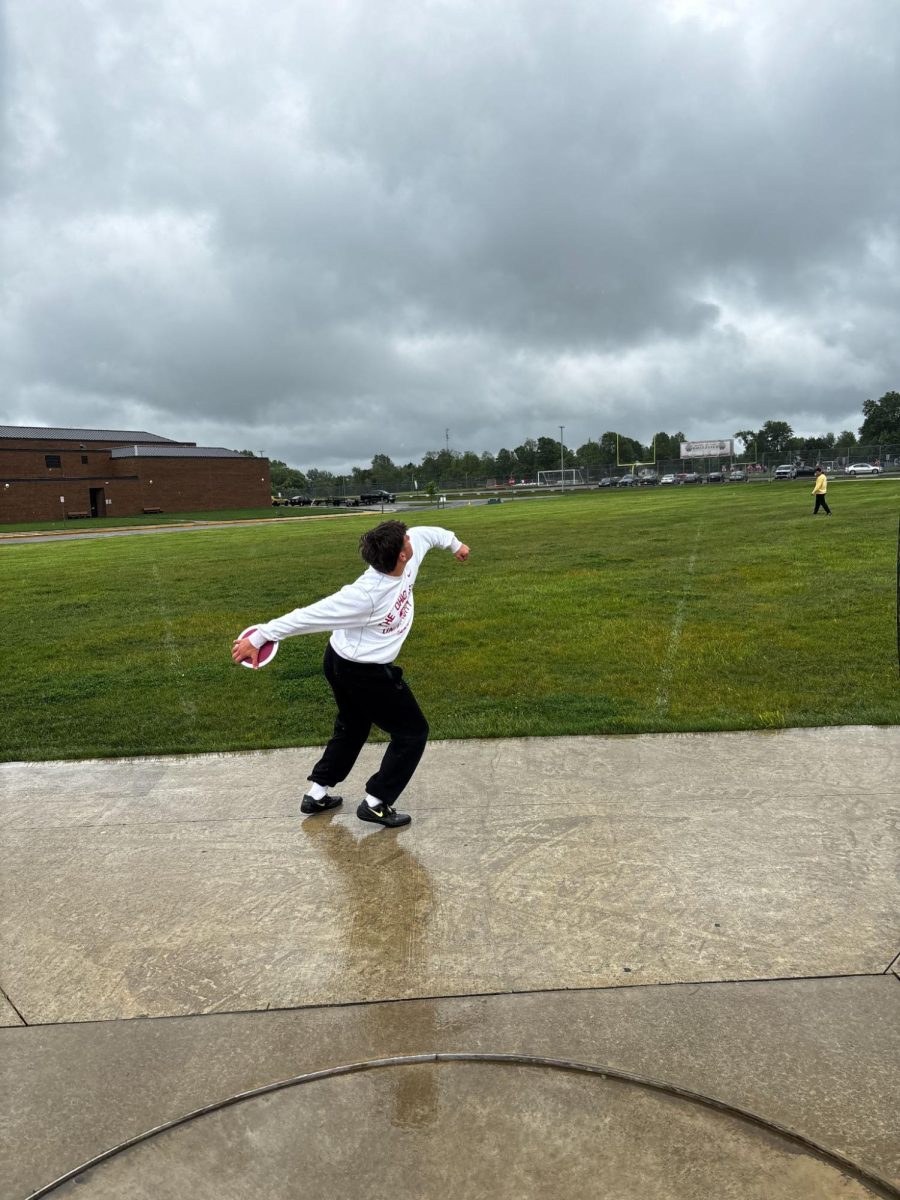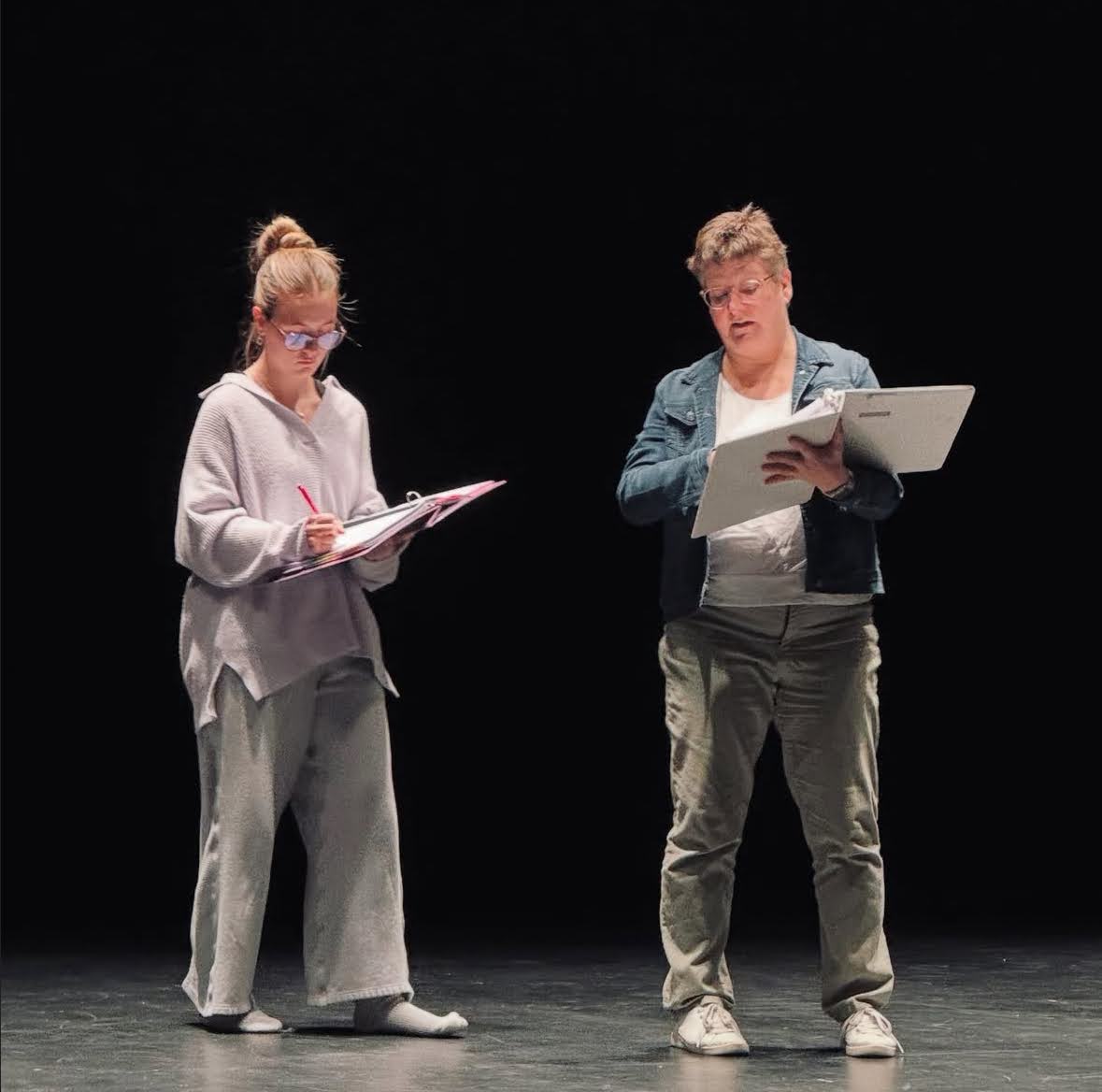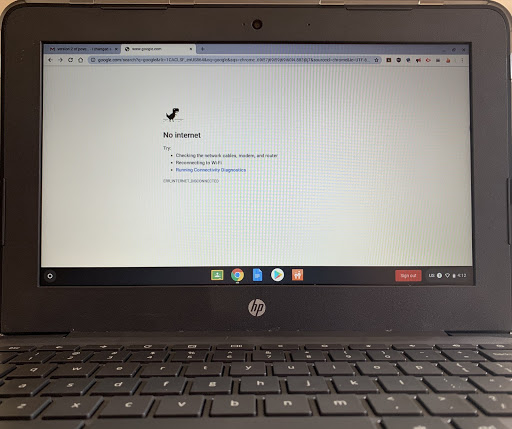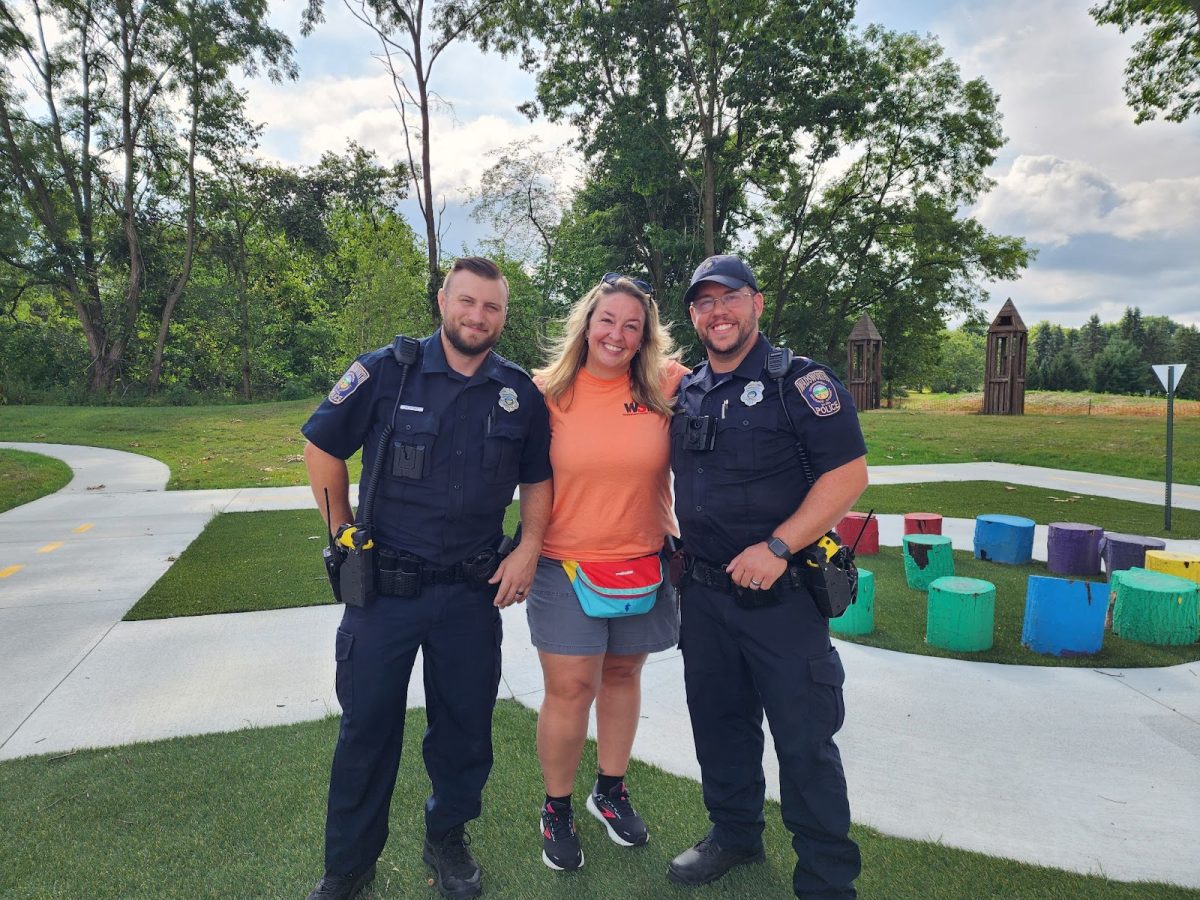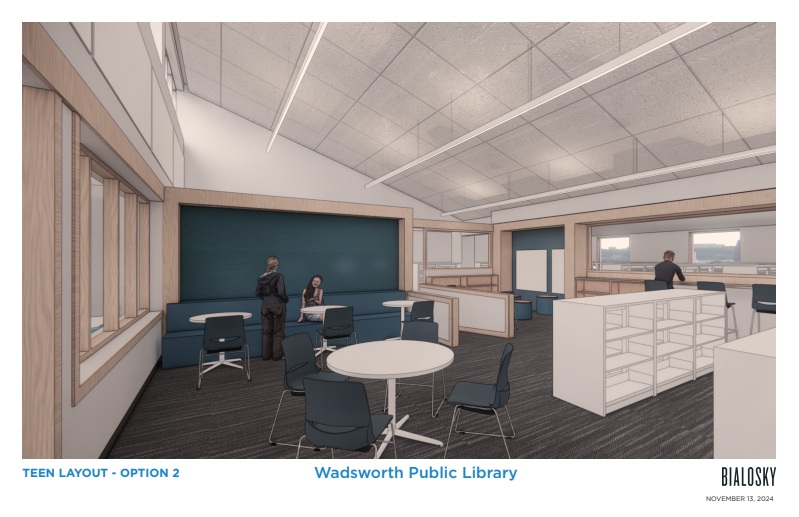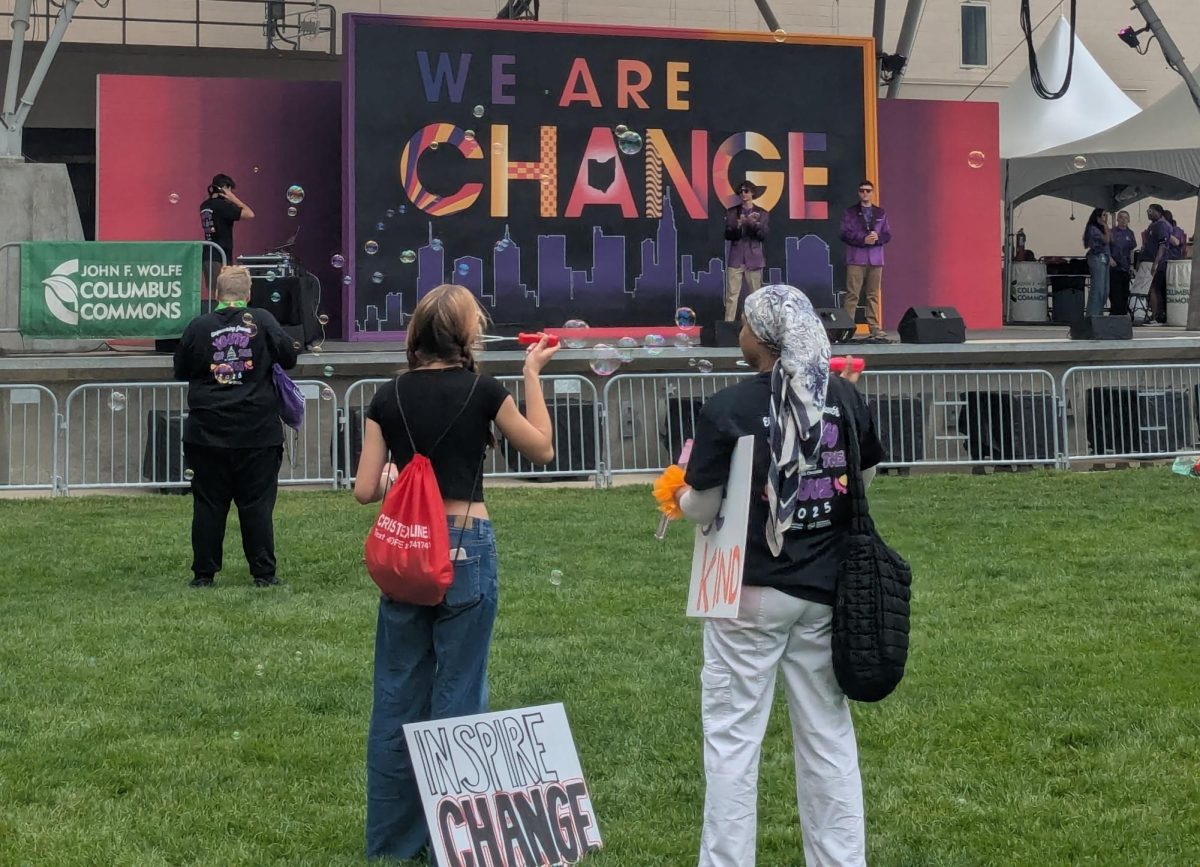BY ARIANNA KASER
Schools around the nation have gone into online learning, but some students are unable to acquire the means necessary to engage in schooling. Students are missing the technology and the internet that is needed to continue their education due to poverty and other external factors.
By order of the governor, COVID-19 has left everyone that is considered nonessential in their homes, causing schools to transition into online learning along with businesses having to let go of employees or try to offer opportunities to have them work from their homes. With multiple people in the same home needing access to technology, there may not be enough to go around.
The lack of participation in online schooling has caused trouble for various schools, but numerous kids are experiencing things that are keeping them from the virtual classroom.
Barberton High School has experienced some of these challenges with its students. Without the structure and influence of the classroom, teachers have had difficulty enforcing the rules and regiment that they once followed. Henry Muren, principal at Barberton High School, said that a big part of the reason that numerous students are struggling so much is that they are lacking the routine of school and the socialization that they are used to.
Students and teachers no longer have the connection that they once had. With online schooling, teachers are unsure of how to explain what they need from their students. This is especially prominent when the students are unable to regularly attend online classes.
“There are some subjects that require more in-person instruction, and my class is one of them,” said David Kaser, STEM teacher at Barberton High School. “I worry more about whether or not the kids can do the assignments on their own.”
Part of the reason for the shortage of online participation is the issue of technology and internet access. The high school has a one to one policy, which means that every student has a Chromebook on top of other technology that are the students’ personal items such as cell phones or tablets. The challenge that the school faces is not technology, but the deficiency of internet access in some students’ homes.
“Probably three-fourths of the school has internet access, and that’s a rough number,” said Henry Muren, principal at Barberton.

This would mean that roughly 25% of all students attending Barberton High School are unable to participate in online schooling.
The district is trying to help kids obtain the internet by connecting them with Spectrum and other companies similar to it. The schools are also offering students hard copies of books and packets of work. The students are able to come by the high school on Tuesdays and Thursdays during set hours to pick up new packets and drop off completed ones with Muren.
Lorain is another school district that faces deficits in the internet and technology in the students’ homes. The district has taken steps to improve technical conditions, but they continue to encounter troubles.
Many students attending Lorain schools are missing internet access in their homes and the technology necessary to participate in online school. Before, the lack of internet access and technology did not pose as big of an issue, but with COVID-19 keeping people in their homes, the problem has been exemplified.
To help with the lack of technology in Lorain, laptop computers were handed out. According to Mic Becerra, Director of Career Technical Education and Alternative Education, the computers were first given to seniors, to ensure that they were able to graduate. They then addressed the students’ needs as requested, such as elementary schools offering packets rather than online.
To address the issue of internet connection, 125 free hotspots were set up to assist. Spectrum, the cable company in Lorain County, has also given three months of free internet to those who need it.
Yet, with everything that the Lorain school district is offering, only about 35% of the students are participating and completing school work.
Both Barberton and Lorain are working on the problems that they are facing because of the poverty within the district. Between providing computers, internet sources, and packets of school work, they have been able to see participation increase some. The districts are continuing to find ways to address these issues within their districts as with Governor Mike Dewine’s announcement, the school year will be completed online.

![Wadsworth's Class Of 2025 Walks At Graduation Ceremony [Photo Gallery]](https://wadsworthbruin.com/wp-content/uploads/2025/05/IMG_9018-1-1200x800.jpg)
